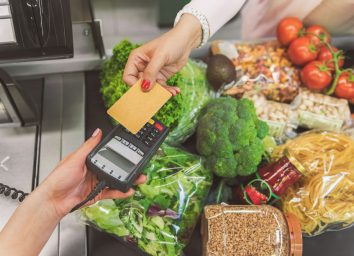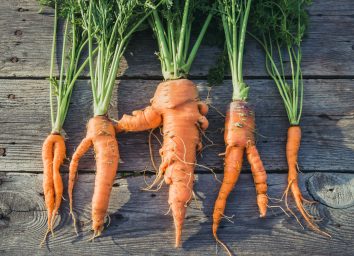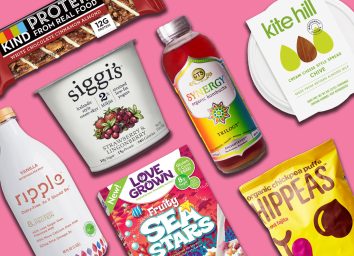11 Ways to Food Shop Consciously
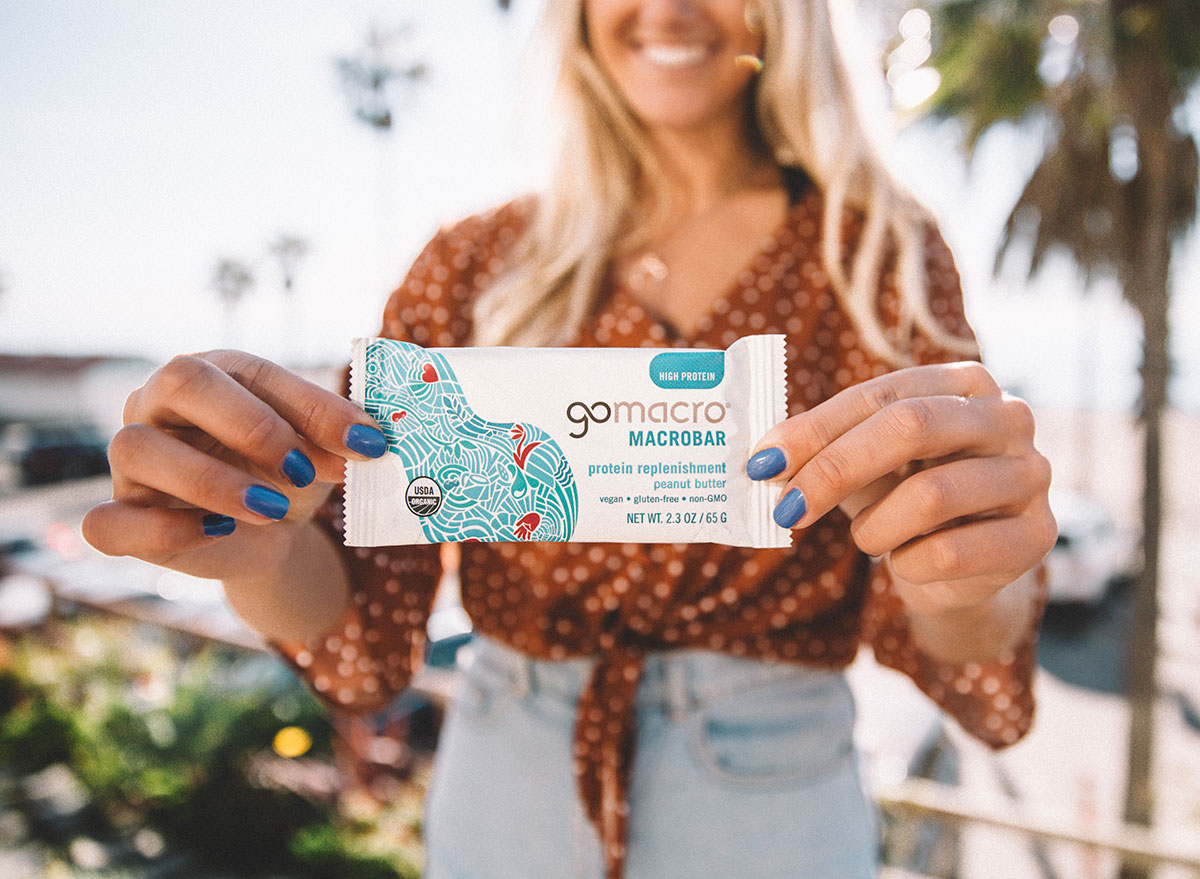
Years ago, the only thing that factored into whether you decided to put an item into your shopping cart was the nutrition label. If it looked healthy, it made the cut. Now with all the different types of trustworthy certifications available, scanning those packages is more important than ever—not only for your well-being, but also for the welfare of animals and the future of the planet.
With the state the world is currently in, shopping consciously is a must. And the easiest way to do so is spending a little more time during your grocery runs looking out for the labels that take a product from good to great on multiple levels.
Many companies, like GoMacro, have made it their mission to step it up in a big way by earning certifications that show what’s important to them. For some, it’s taking the proper measures to lessen their carbon footprint, and for others, it’s making sure every ingredient they use is of the utmost quality. There are also businesses that are looking out for farm animals by following strict guidelines that give them a better quality of life.
Whether you’re a vegan who cares about animal practices, want to support companies that are doing their part to save the environment, or simply want to fill your body with the most wholesome options available (maybe even all of the above) these are some of the best certifications to look for on your food labels. Because how you spend your money matters, and the power you have when doing so makes more of an impact than you think.
Food Certifications to Look Out For to Shop Consciously
Certified Vegan
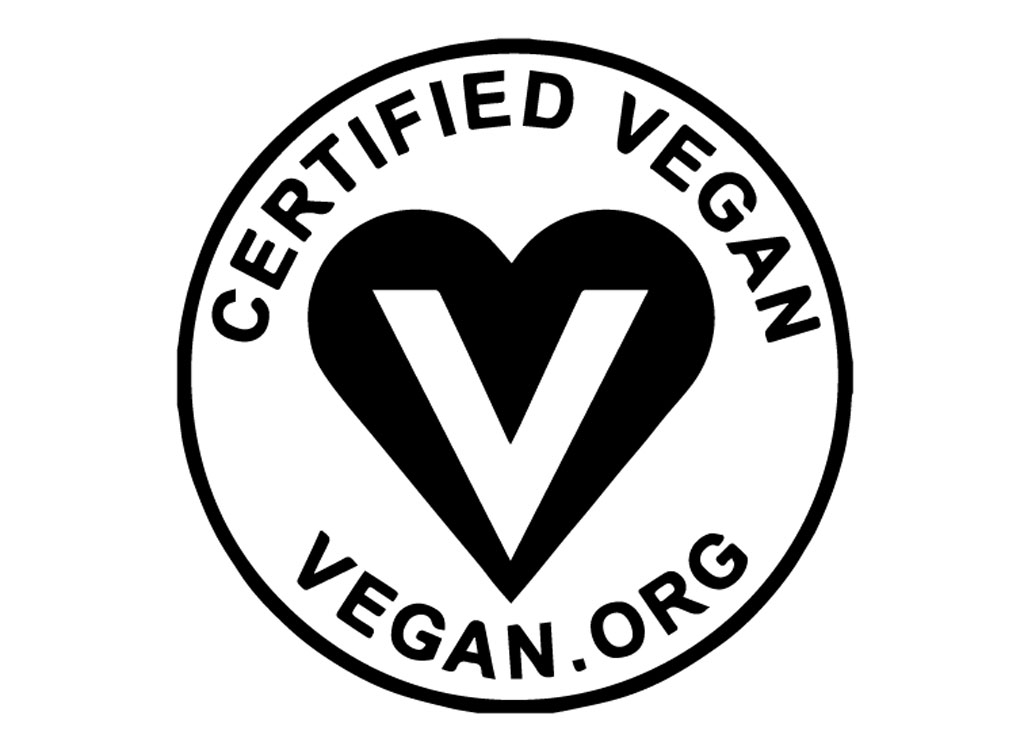
If a label has the Certified Vegan logo, you can rest assured that no animals were harmed in the making of the product in any way. The approval process isn’t taken lightly. To rep the logo, a product must not contain meat, fish, fowl, animal by-products, eggs, and dairy of any kind, honey or honey bee products, insects and products from insects (like silk and dyes), gelatin, or sugar filtered with bone char. The products also must not involve any animal testing or animal-derived GMOs. Another plus: Since many factories produce a wide variety of different products, this logo also means the companies have been shown to take the necessary steps to clean and sanitize anything used between vegan and non-vegan production to minimize any cross-contamination.
Sustainable Food Trade Association Partner
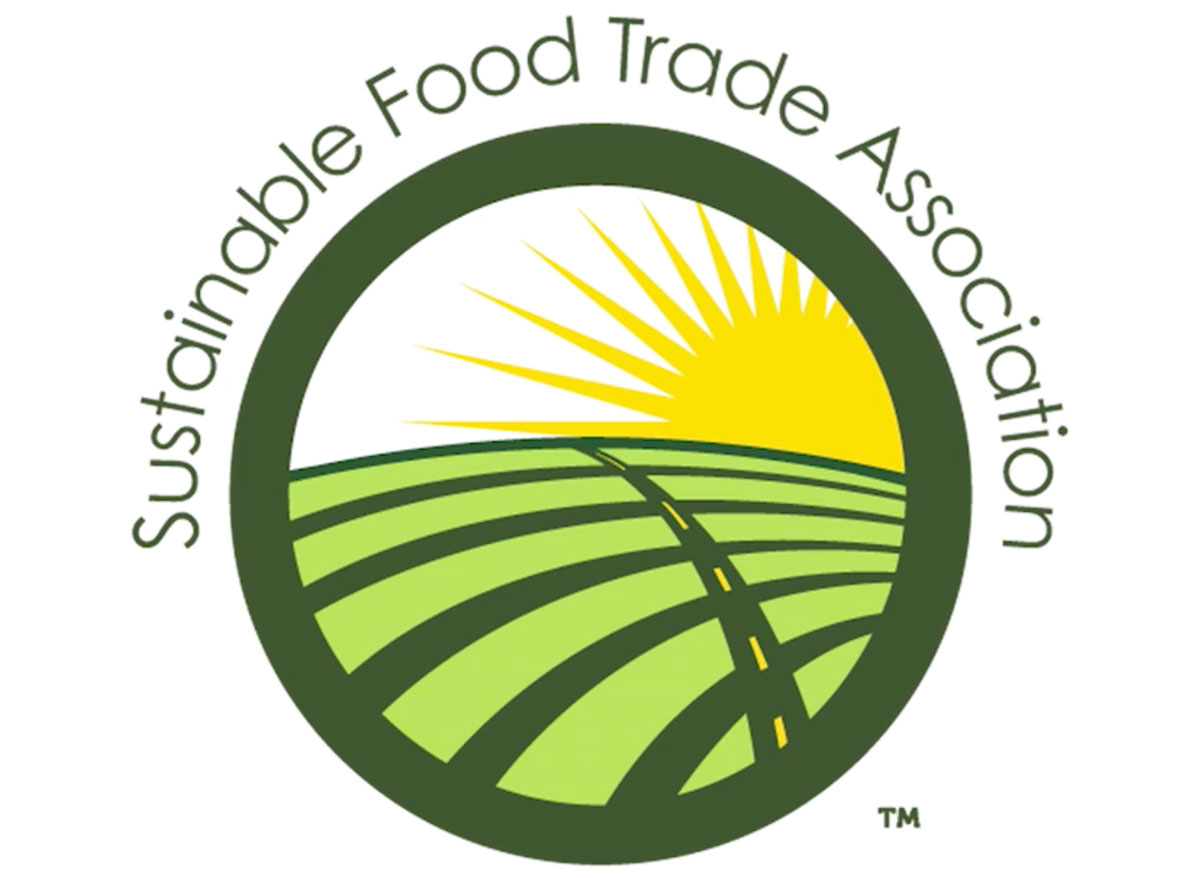
When a company is a partner of the Sustainable Food Trade Association, it means they’re dedicated to helping the organic food trade transition to more environmentally sustainable practices. This means not only strategizing on how to be more eco-friendly then working toward those goals, but also advocating for change within their own company and the organic food and farm sector to improve the food industry overall.
Carbonfree Partner
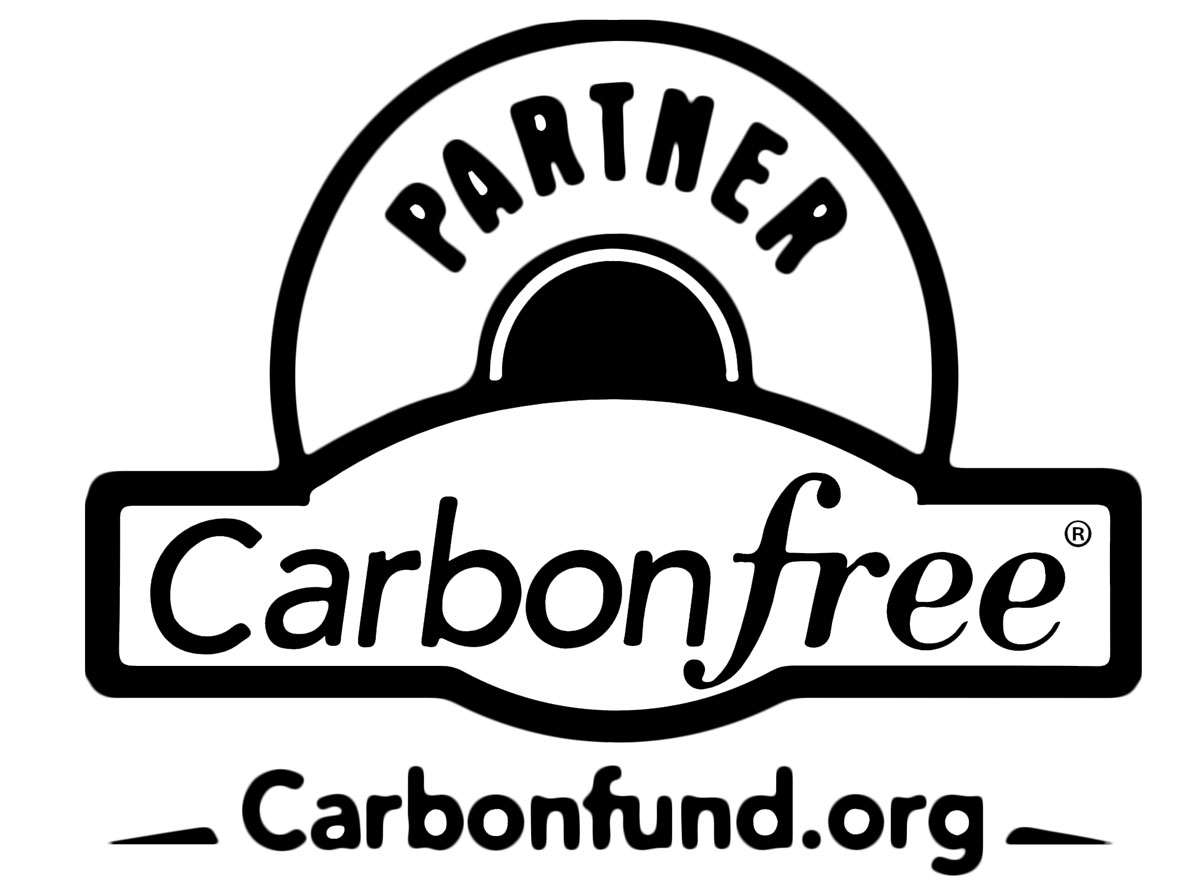
When a company has a Carbonfree certification from the non-profit Carbonfund.org on their packaging, it means they’ve taken the proper steps to calculate, reduce, and offset their carbon footprint, fight against climate change, and help make the transition to a clean energy future possible. After calculating their carbon footprint, the company—no matter if it has a few employees or thousands—then selects one of three project types to offset it, all of which are third-party certified to the highest standards: forestry, energy efficiency, or renewable energy.
Certified C.L.E.A.N./Certified R.A.W
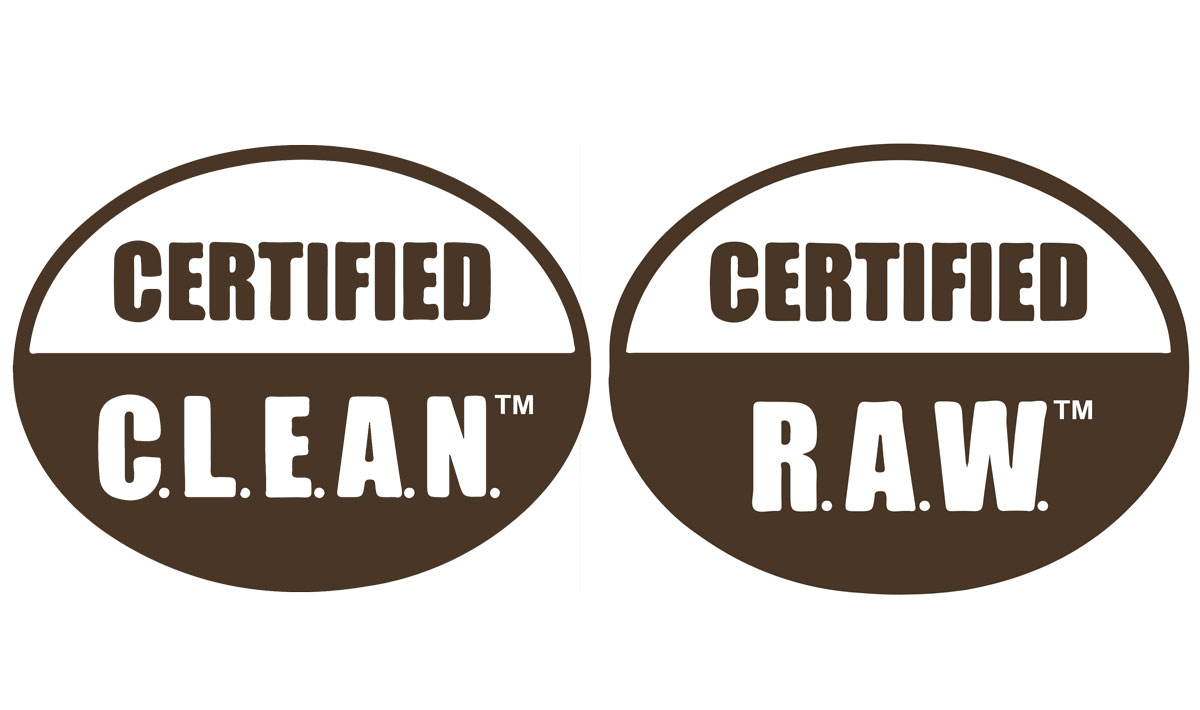
When you spot one of these logos on your packaged food products or supplements, you know it’s as pure as possible. Both C.L.E.A.N. and R.A.W. certifications focus on the entire supply chain, making sure what you’re bringing home is of the best possible quality for your health and well-being. To be certified C.L.E.A.N., the product must be conscious or safe, minimally processed with the majority of its ingredients organic, 100 percent non-GMO ingredients and manufactured ethically, have a high amount of bio-available enzymes (which is tested using CytoSolve technology), and must be nourishing (something determined by ANDI Score, which rates the nutrient density of foods). To be certified R.A.W., the product must be 100% safe, non-GMO, and mostly organic, the ingredients must have high amounts of bio-available enzymes, and it must be minimally processed with a high nutrient score.
Green Power Partner
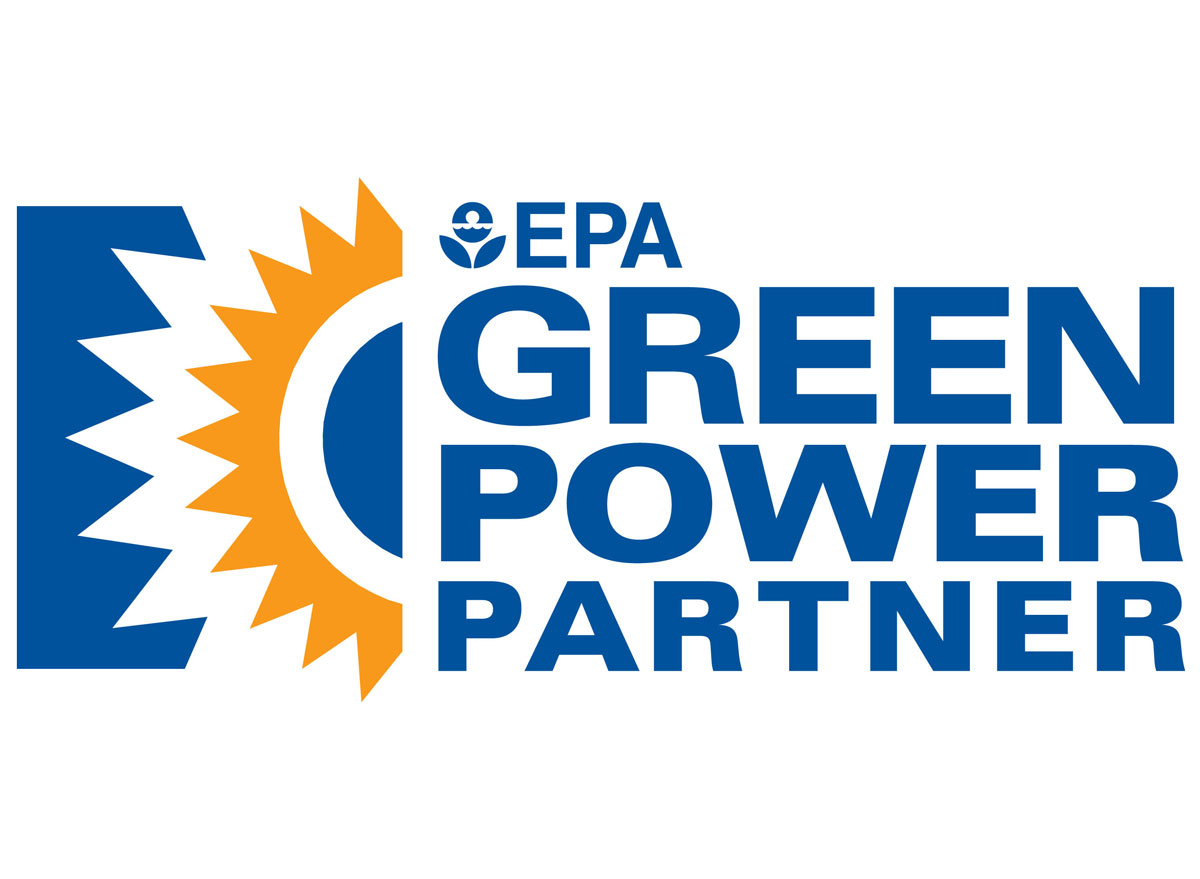
The Green Power Partnership from the U.S. Environmental Protection Agency (EPA) has one goal: helping to build the green power industry to protect human health and the environment. Companies that are part of the program receive expert advice, technical support, tools, and resources from the program, and in return, they commit to using green power for all—or a portion—of their yearly electricity consumption.
Non-GMO Project Verified
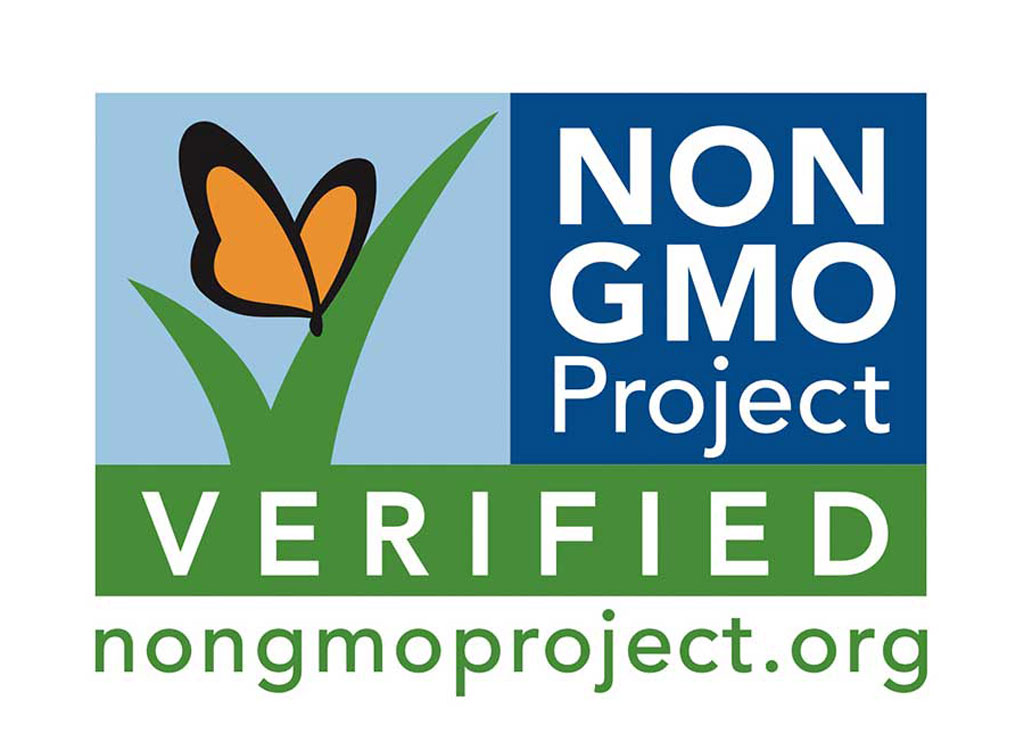
When it comes to avoiding GMOs—aka genetically modified organisms—the most trusted label available in North America is through the Non-GMO Project. Right now, there are more than 50,000 products and counting that are repping the logo, all of which are required to have systems in place that make sure they live up to their standards, which includes the ongoing testing of at-risk ingredients, as well as traceability and segregation practices to ensure the finished product is equally trustworthy.
Fair Trade Certified
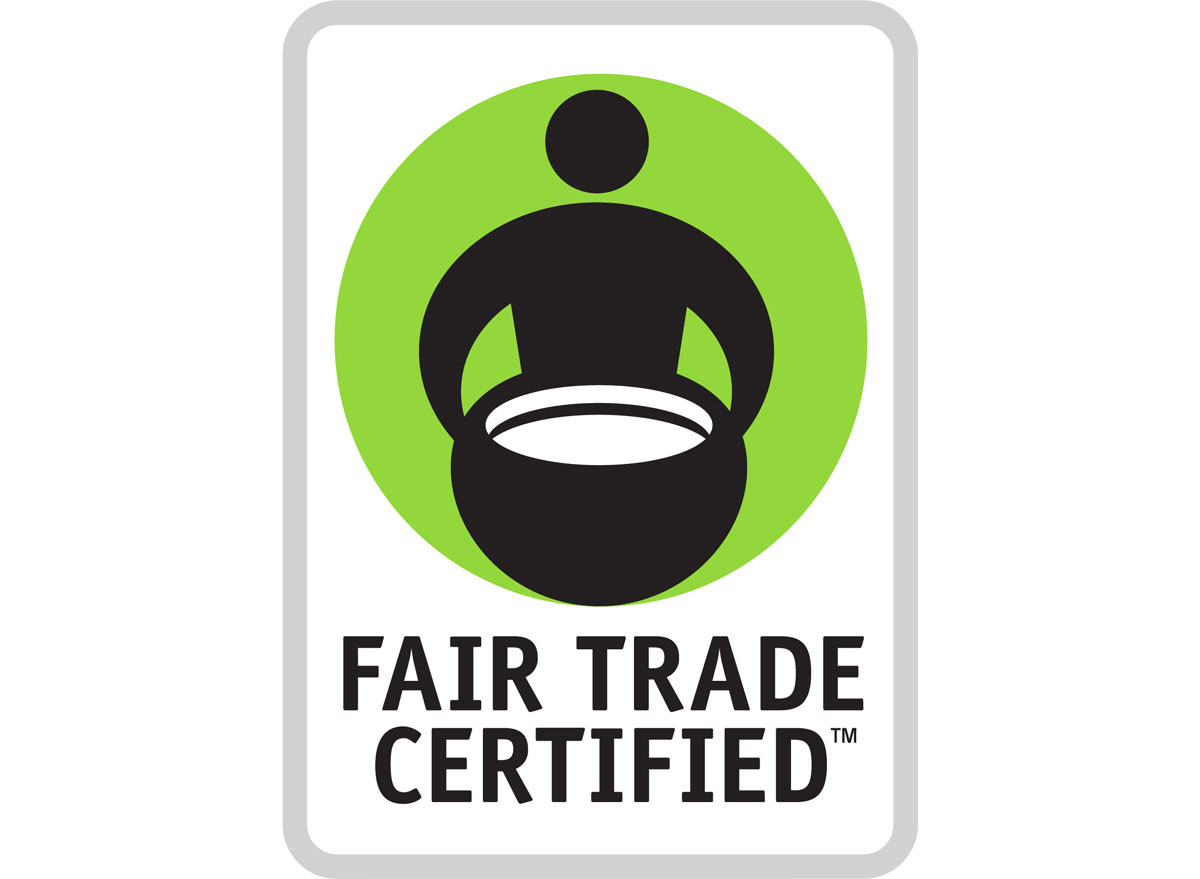
Fair Trade is a social movement that ensures farmers, workers, fishermen, and artisans are paid a livable wage for their hard work. On top of that, fair trade standards empower workers to have a voice in their workplaces and communities, help to invest funds back into local communities, and promote sustainable environmental practices.
Rainforest Alliance Certified
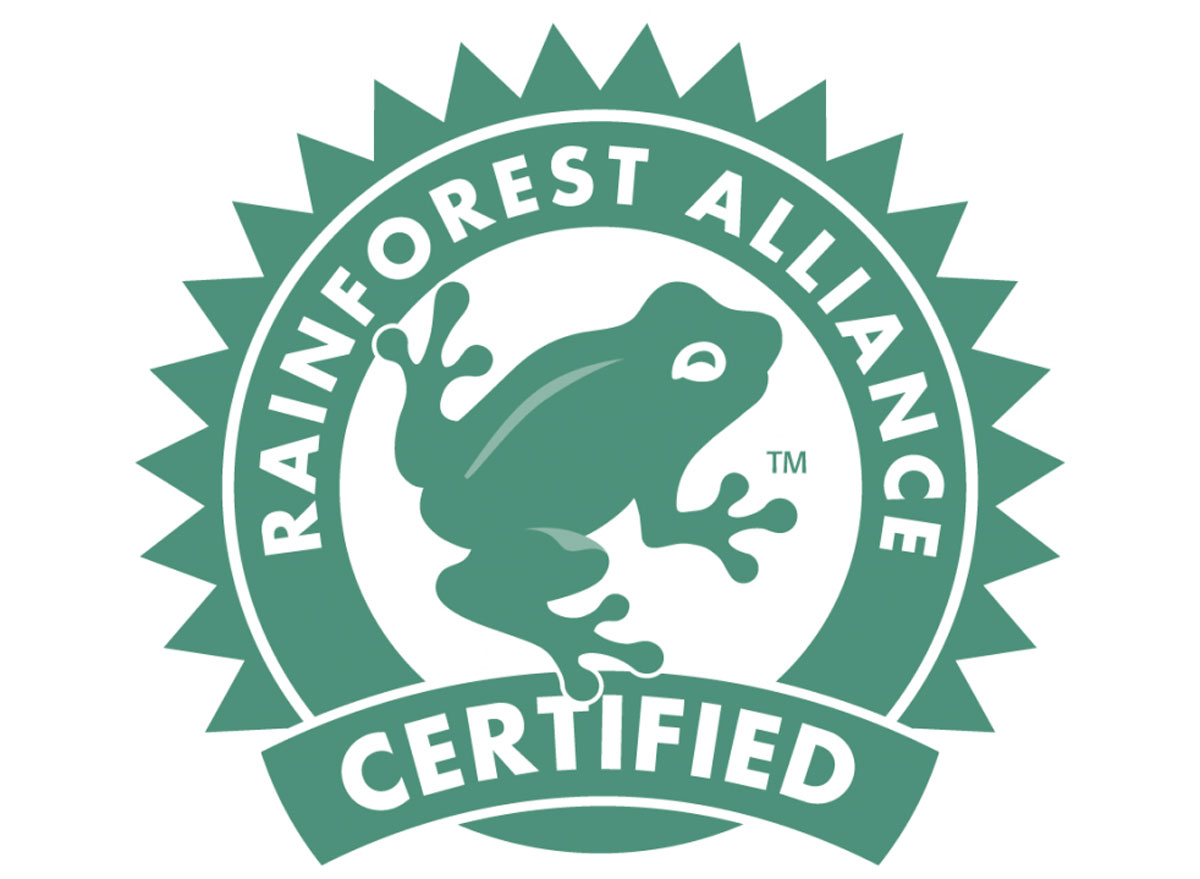
International non-profit, the Rainforest Alliance, shares an unfortunate statistic that humans have destroyed 80 percent of the world’s forests. Their mission is to conserve biodiversity and ensure sustainable livelihoods for those who work to do the same. The Rainforest Alliance Certified seal is awarded to agricultural farms, forests, and businesses that meet rigorous environmental and social standards that ultimately protect forests, conserve wildlife, and support communities around the world.
Certified Animal Welfare Approved
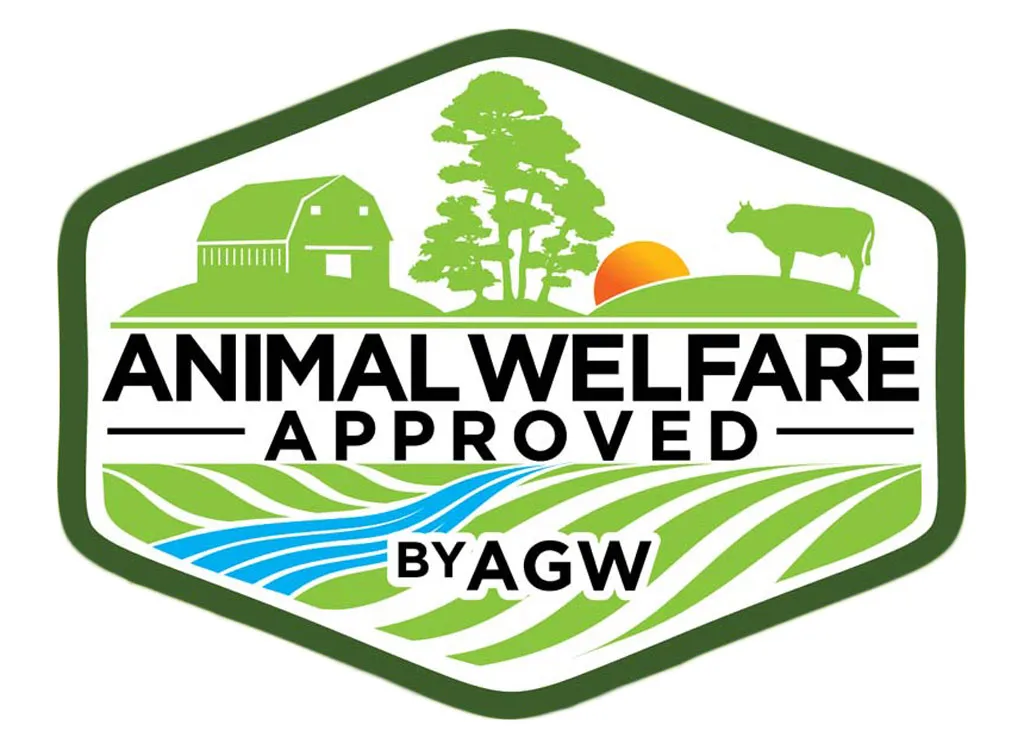
While labels like free-range, pasture-raised, and cage-free can be pretty open-ended, the Certified Animal Welfare Approved (AWA) is the only label that guarantees animals raised for food spend their lives outdoors on a pasture or range on farms that use sustainable farming practices and factor in the welfare of their animals. That includes following specific guidelines for all stages of the animals’ lives: when they’re at the farm, being transported, and being slaughtered. These guidelines are much more rigorous than other animal welfare programs that, while helping, aren’t as strict about making sure animals have time outdoors, giving them proper space, and letting them engage in their natural behaviors.
1% For the Planet
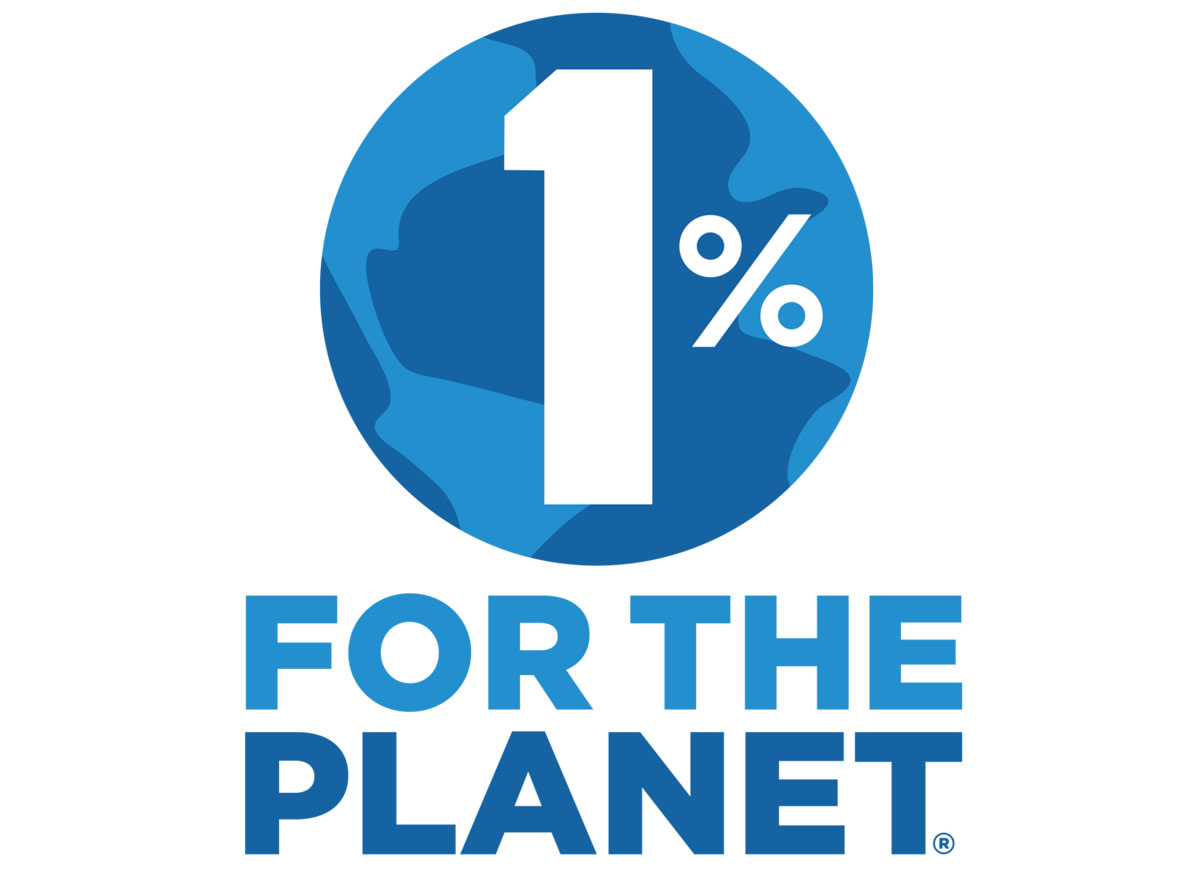
Members of organization 1% For the Planet—which includes both businesses and individuals—contribute at least one percent of their yearly profits to environmental non-profits to help better the planet. After joining and pledging to donate, they’re paired with a non-profit that shares their same values and aligns with their brand. The funds then go straight to that chosen non-profit, and 1% For the Planet reviews and confirms the sales and yearly donations. Right now, more than 1,800 members in over 45 different countries are part of the program.
Certified Transitional
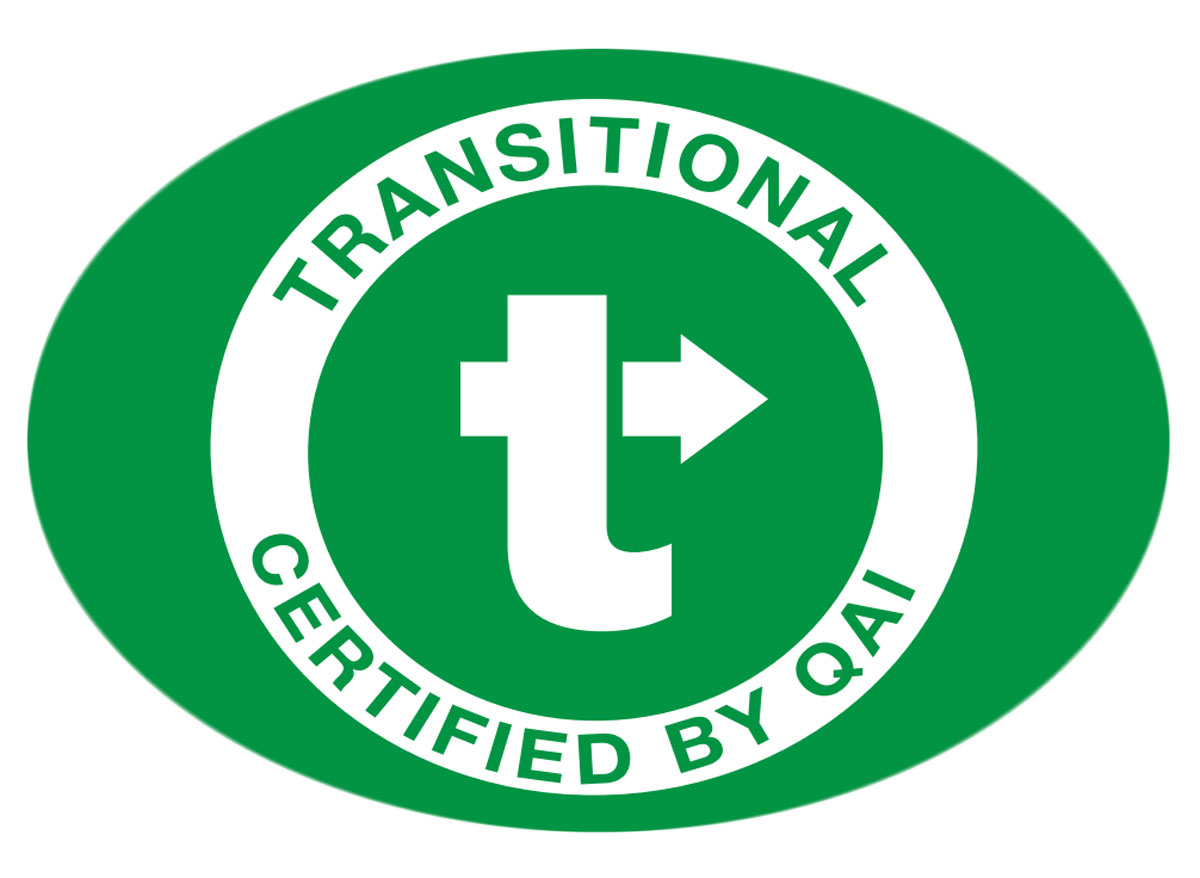
When farmers are in the process of switching from conventional farming to becoming USDA Certified Organic—which takes three years—they can use the Certified Transitional label. The program from the Quality Assurance International (QAI) is especially helpful for small- and medium-sized farms: The costs of going fully organic can be very high, and if they’re able to use this label on their packaging (which verifies products are made using at least 51 percent certified transitional content), they can still receive premium pricing. That helps support the farmers and lets you know you’re taking home a product that’s on track to becoming Certified Organic.
Non-Profit Seals
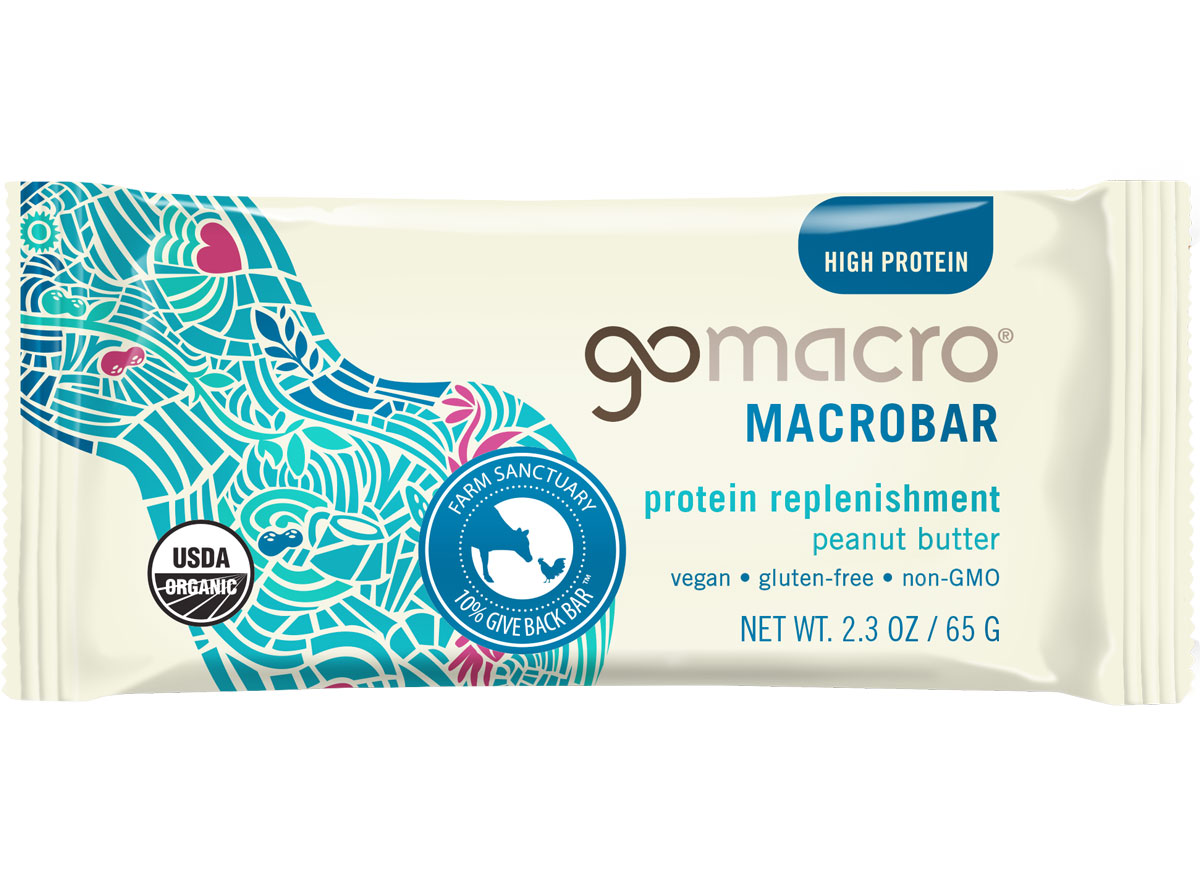
Sometimes, a company will donate a portion of the proceeds they make from a specific product toward a cherished cause. Check labels for seals or a line describing how a company will donate the proceeds. For example, GoMacro has designated three of their bars as “Give Back Bars.” One of them, “protein replenishment,” displays a seal during the month of May that says “Farm Sanctuary” and “10% Give Back Bar.” This seal shows that 10 percent of GoMacro’s net proceeds from this bar during the month of May go straight to Farm Sanctuary. This non-profit raises awareness of factory farm animal cruelty and works to combat these abuses through rescue, education, and advocacy efforts. Spot seals like this one on your food products and you’ll know that while filling up your cart, a portion of your purchase will help to better the world around you.
Which Conscious Food Labels GoMacro Has
From the beginning, GoMacro has made it its mission to produce plant-based products that benefit the health of those who eat them in a way that’s sustainable, environmentally-friendly, and supports farmers.
While many companies have impressive certifications for their products, it’s hard to beat GoMacro’s certification list. In their quest to provide clean products with premium, natural ingredients, all the bars are Certified Organic, vegan, gluten-free, kosher, non-GMO, C.L.E.A.N. and R.A.W. To minimize their environmental impact, they also source local ingredients and favor small growers as much as possible, and are Carbonfree, a Sustainable Food Trade Association Partner, and a Green Power Partner.
To qualify as an EPA Green Power Partner, companies need to verify 3%, 5%, 10%, or 20% of annual energy used is renewable. GoMacro goes way beyond the requirement by sourcing 100% renewable energy. GoMacro-owned solar energy supplies the majority of the needs, and the rest is supplemented by purchasing wind power.
In addition, they’re committed to reducing food waste during production by donating scraps to local farms to be used as animal feed, strive to be energy efficient with LED lighting, use labels and packing materials from 100% post-consumer recycled packaging material and FSC certified paper products, and have an internal team responsible for measuring and monitoring their consumption of natural resources to make sure they stay as green as possible. That way, while GoMacro is creating the delicious products people know and love, they’re also giving back.
